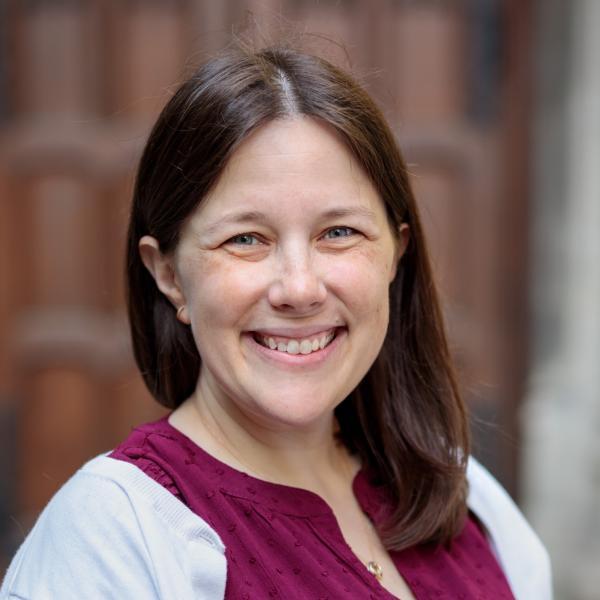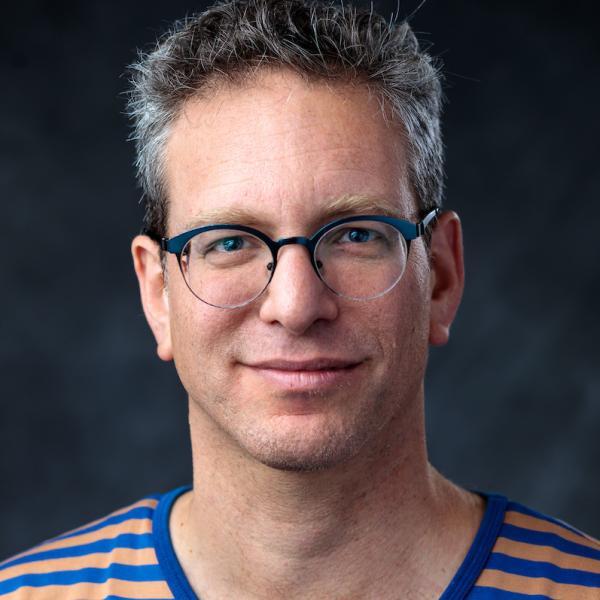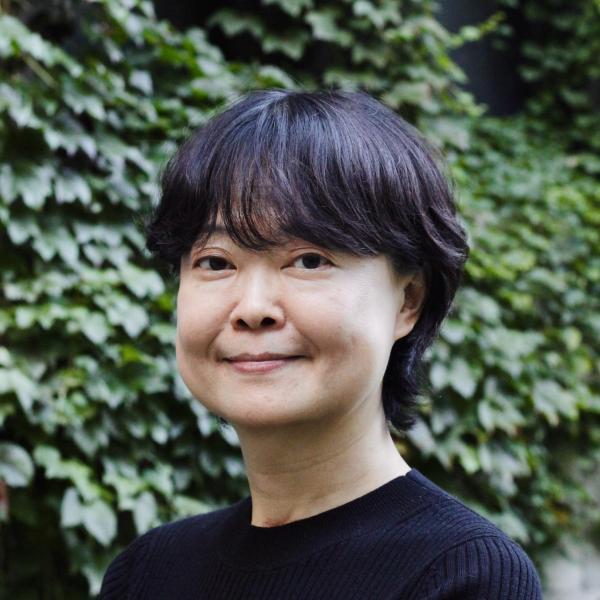
The Department of Linguistics at the University of Chicago is the oldest in the country. Founded in the 1930s, the department is committed to interdisciplinary and interdepartmental study, while still maintaining its distinctive investment in theory and the empirical study of language. In addition to linguistics courses, language courses in American Sign Language, Basque, Modern Greek, and Swahili are taught through the department. MAPH students interested in linguistics may take the bulk of their elective coursework through the department, but they may also be interested in coursework in Comparative Literature, East Asian Languages and Civilizations, and Language Study.
Selected Faculty
Sample Courses
LING 30401 - Psycholinguistics: Language Processing (Monica L. Do)
This is an advanced introduction to the field of psycholinguistics. We will do an in-depth overview of both the empirical findings and the methodologies used on various topics in language comprehension/production, including areas of speech perception, lexical processing, syntactic parsing, and semantic/pragmatic processing. Models at both the computational and the mechanistic levels will also be examined.
LING 33360 - Methods in Gesture and Sign Language Research (Diane Brentari)
In this course we will explore methods of research used in the disciplines of linguistics and psychology to investigate sign language and gesture. We will choose a set of canonical topics from the gesture and sign literature such as pointing, use of the body in quotation, and the use of non-manuals, in order to understand the value of various effective methods in current use and the types of research questions they are best equipped to handle.
LING 36520 - Mind, Brain and Meaning (Chris Kennedy)
What is the relationship between physical processes in the brain and body and the processes of thought and consciousness that constitute our mental life? Philosophers and others have puzzled over this question for millenia. Many have concluded it to be intractable. In recent decades, the field of cognitive science--encompassing philosophy, psychology, neuroscience, computer science, linguistics and other disciplines--has proposed a new form of answer. The driving idea is that the interaction of the mental and the physical may be understood via a third level of analysis: that of the computational. This course offers a critical introduction to the elements of this approach, and surveys some of the alternatives models and theories that fall within it.
LING 31300 - Historical Linguistics (N. Tulio Bermúdez)
This course deals with the issue of variation and change in language. Topics include types, rates, and explanations of change; the differentiation of dialects and languages over time; determination and classification of historical relationships among languages, and reconstruction of ancestral stages; parallels with cultural and genetic evolutionary theory; and implications for the description and explanation of language in general.
A complete listing of offerings is available at the Department’s course page.
Linguistics Specialization
The Linguistics Specialization allows students to structure their coursework and thesis around the study of Linguistics within MAPH. Students who complete the following requirements will receive a Linguistics transcript notation:
- MAPH Core Course (Foundations of Interpretive Theory)
- 5 graduate-level courses in Linguistics, 3 of which must come from the list of the grad foundational courses in Linguistics
- For any grad/undergrad cross-listed courses, students need to consult with the DGS whether the course will count towards their specialization
Please direct any questions you may have about specializing in Linguistics to maph-support@uchicago.edu.
Recent Linguistics Thesis Projects
"Spatial Semantics of the Tungusic Language Family: With a Special Focus on Case"
Jonathan WuWong, MAPH '21
Advisor: Lenore Grenoble
"What to Believe and Consider About ‘Believe’ and ‘Consider’: Subjectivity as Idealized Disagreement"
Anthony Nguyen, MAPH '20
Advisor: Chris Kennedy
"Algerian Arabizi: Code-Mixing and Literacy in a Latin-Based Script for North African Colloquial Arabic"
Mackenzie Campbell, MAPH '20
Advisor: Lenore Grenoble
"Demystifying Meta-meta-questions in Concealed Questions"
Boram Kim, MAPH '19
Advisor: Itamar Francez
"The Lexifier and Origin of Mauritian Creole: A Comparative Study"
Yingzhi Dong, MAPH '18
Advisor: Salikoko S. Mufwene



